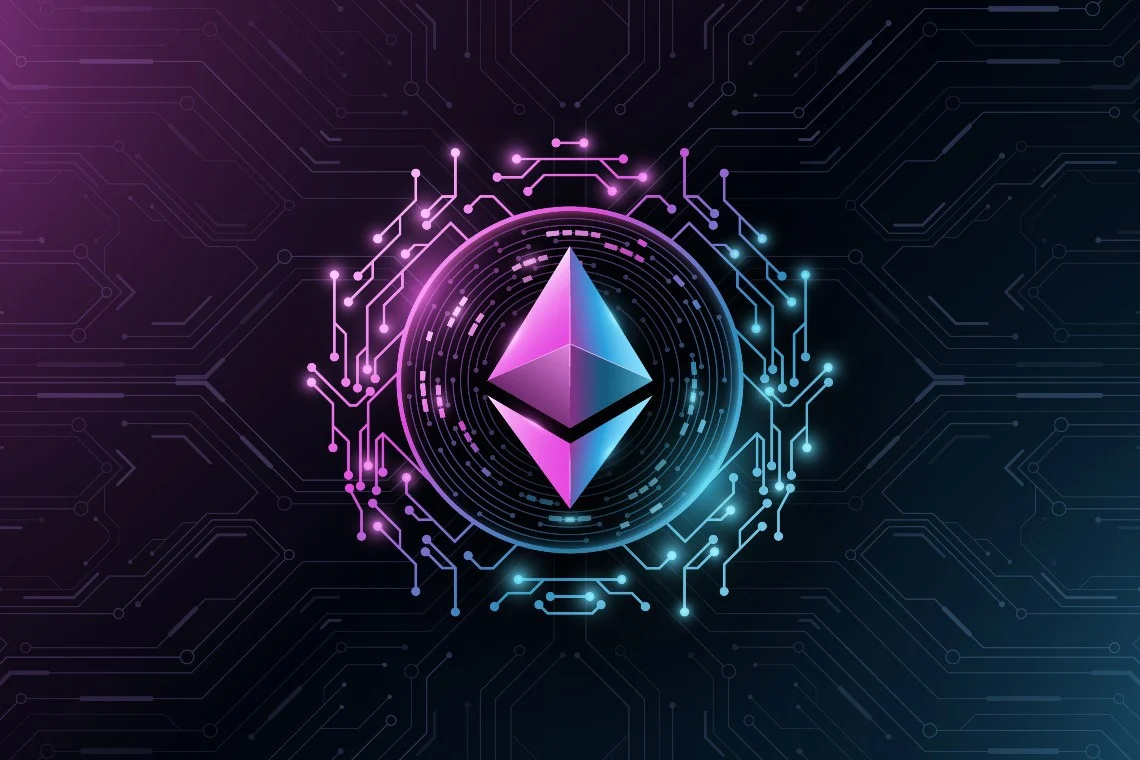|
Getting your Trinity Audio player ready...
|
The cryptocurrency industry has been on a remarkable growth trajectory, sparking a fundamental shift toward a decentralised global economy. This transition is not just a technological evolution but a socio-economic revolution, promising greater inclusivity, democratised participation, and equitable reward-sharing in the digital realm. At its core, this movement empowers individuals with enhanced control over their data and assets, heralding a new era of financial autonomy.
Ethereum: The Catalyst for Decentralisation
The origins of this decentralisation revolution can be traced back to the launch of Ethereum in 2015. Unlike Bitcoin, which primarily served as digital money, Ethereum introduced the concept of smart contracts—self-executing contracts with the terms directly written into code. This innovation enabled the creation of decentralised applications (dApps), which automate and secure transactions without the need for intermediaries. Today, Ethereum boasts a market capitalisation of over $400 billion, serving as the foundation for countless dApps that drive transparency and accountability across various sectors.
The DeFi Boom: Unlocking Value in Crypto
The biggest leap in the crypto industry came in 2019 with the advent of Decentralised Finance (DeFi). DeFi dApps revolutionised financial services by enabling users to lend, borrow, and earn interest on their crypto assets without relying on traditional financial institutions. This decentralised approach to finance offered users more accessible, transparent, and efficient alternatives, disrupting the status quo of the financial markets.
However, the rapid proliferation of DeFi projects also led to market saturation. Many projects struggled to differentiate themselves, leading to a decline in investor interest. Only a handful of robust, innovative DeFi applications have managed to sustain growth, underlining the importance of genuine value creation in the crypto market.
NFTs and the Digital Asset Revolution
Around 2021, Non-Fungible Tokens (NFTs) emerged as another transformative force in the crypto industry. NFTs introduced a new way to tokenize unique digital assets, such as digital art and in-game items, providing proof of ownership and authenticity. While the NFT market experienced a surge of interest, similar to DeFi, it also faced challenges as the market became flooded with projects lacking originality. Nevertheless, a small number of authentic NFT projects continue to attract attention, highlighting the need for innovation and value in sustaining long-term success.
The Future of Crypto: Real-World Asset Tokenisation
As the crypto industry evolves, the next phase of growth is being driven by the tokenisation of Real-World Assets (RWAs). RWAs bring tangible value to the blockchain by enabling the tokenisation of physical assets like real estate, commodities, and intellectual property. This not only improves liquidity and global access to investments but also reduces fraud by ensuring the authenticity of asset ownership.
Also Read: VeChain Tokenized RWAs – $8B Market Disrupts Finance, Tackles Climate Change
The RWA sector is still in its infancy but holds immense potential. Currently, the Total RWA Onchain is valued at nearly $13 billion, with projections estimating the tokenised assets market could reach $16 trillion by 2030. As the sector matures, developers have a unique opportunity to create applications that solve real-world problems, driving the next wave of innovation in the crypto industry.
The rise of decentralisation and the tokenisation of real-world assets signal a profound shift in the global economy. As developers continue to explore and innovate within the RWA space, they have the potential to unlock new levels of liquidity, transparency, and efficiency in traditional industries. By democratising investment opportunities, RWA tokenisation is poised to become the next frontier of growth in the crypto industry, shaping the future of finance for generations to come.
Disclaimer: The information in this article is for general purposes only and does not constitute financial advice. The author’s views are personal and may not reflect the views of Chain Affairs. Before making any investment decisions, you should always conduct your own research. Chain Affairs is not responsible for any financial losses.
I’m your translator between the financial Old World and the new frontier of crypto. After a career demystifying economics and markets, I enjoy elucidating crypto – from investment risks to earth-shaking potential. Let’s explore!




